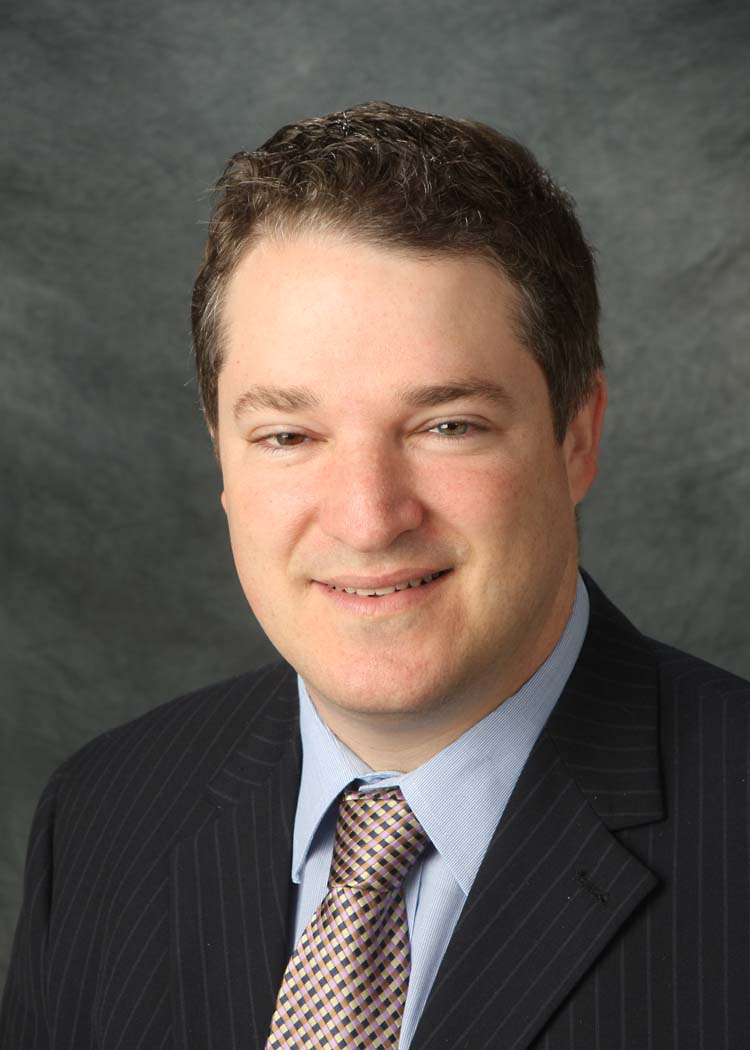- Home
- About Us
- The Team / Contact Us
- Books and Resources
- Privacy Policy
- Nonprofit Employer of Choice Award

 This fourth and final part in our series that that simply and clearly explains the most important legal issues charities and their boards of directors need to be mindful of.
This fourth and final part in our series that that simply and clearly explains the most important legal issues charities and their boards of directors need to be mindful of.
11) Avoidance of unrelated business activities
Under the Canadian Income Tax Act, charitable organizations and public foundations can carry on "related business" that promotes their charitable objects. For example, a hospital cafeteria that provides food to patients and visitors would be considered a related business. There has recently been great interest in charities using social enterprise and other revenue generating activities to deal with difficult issues.
Charitable organizations and public foundations can also carry on any business activities, if "substantially all" (the CRA says at least 90%) of the people involved in these activities are volunteers.
Private foundations cannot carry on any business activities whatsoever. The CRA has a Guidance on “What is a Related Business?” and also Community Economic Development Activities and Charitable Registration. Failure to follow these rules can result in penalties and deregistration.
12) Failing to restrict restricted gifts
Charities generally prefer that gifts are unrestricted. This gives the charity the maximum flexibility to spend the funds within its purposes on what the charity determines to be the highest need area.
For various reasons some donors are only prepared to make donations if the funds are restricted. These restrictions may be related to the purposes of the gift or how quickly the funds can be spent. If a charity accepts a restricted gift then it has to ensure that it complies with such restriction. A charity should ensure that they have appropriate records of the restrictions, how the funds are spent and that they do any necessary reporting.
Failure to respect the restrictions can be a breach of trust and can have many consequences for the charity. The best way to avoid such problems is to have a carefully thought through gift acceptance policy, gift agreements with necessary amendment/alternative use clauses and educate donors as to the many problems of well-intentioned restrictions. Charities should also be prepared to say no to donors whose ‘generous’ gifts my actually undermine the charities’ goals.
13) Ignoring ineligible individuals
Since 2012, CRA has had the ability to advise a registered charity if there is an “ineligible individual” involved with running the charity. An ineligible individual is one who has either been convicted of certain types of offences (such as financial dishonesty or offences related to the work of the charity such as a pedophile working in a daycare) or has been involved with serious non-compliance with another registered charity. You can read CRA guidance at: Ineligible Individuals.
However, if you focus too much on the ITA or CRA guidance you might miss the main point. Having ineligible individuals on your board or controlling your charity can undermine the credibility of the charity amongst stakeholders. It could result in you losing your next government contract, major donation or other opportunity. Although CRA advises that you have no extra obligations to check who are ineligible individuals, as a fiduciary of a charity it makes a lot of sense to know who is on your board or controlling your charity and whether they have had these type of issues.
14) Preventing involvement in terrorist activities
A charity cannot support terrorism either directly or indirectly. For more information, see my article “Canadian charities and Terrorism – Preventing Abuse of your favourite charity” as well as the CRA’s recent “Checklist for Charities on Avoiding Terrorist Abuse”.
Canadian charity law encompasses far more than these top points discussed above. But there is little sense in focusing on obscure provincial statutes or interesting court cases at the expense of missing some of these important compliance issues.
There are a number of checklists that you might find helpful including this charity law checklist.
Mark Blumberg is a lawyer at Blumberg Segal LLP in Toronto, Ontario. He can be contacted at mark@blumbergs.ca or at 416-361-1982. To find out more about legal services that Blumbergs provides to Canadian charities and non-profits please visit www.canadiancharitylaw.ca or www.globalphilanthropy.ca